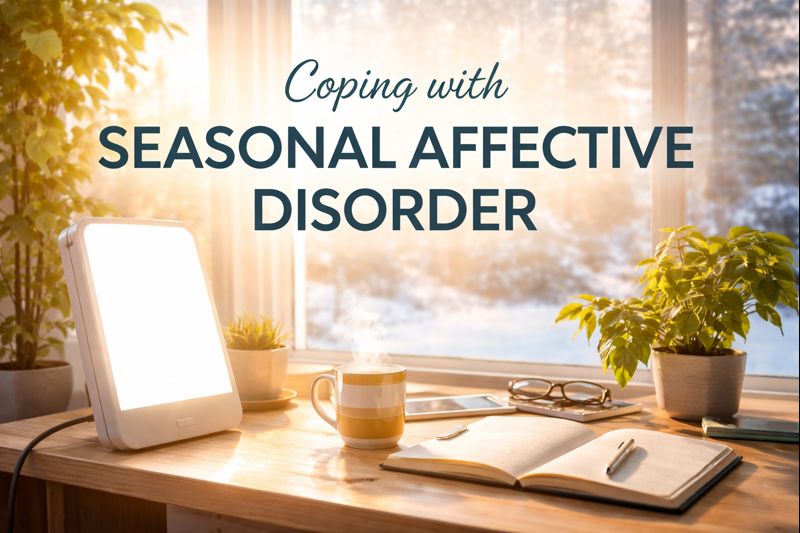
Companies are concerning themselves with the well-being of their employees more than ever. In the 2021 employer benefits survey by Willis Towers Watson, 69% of HR decision-makers identified integrating employee well-being into their benefits offerings as their top strategic benefit objective over the next two years. I’m preaching to the choir, but what is so exciting about this to me is the trend toward acceptance of health as a “whole person” concept, not limited to a single PCP visit per year. Increasingly, employers are looking to provide access to integrative care, including preventative health strategies and alternative and complementary medicine services.
This shift is not limited to corporations. If you look at some of the biggest organizations in healthcare that drive the trends, they are also focusing on these areas. The NIH for example has an entire center dedicated to research and advancement in this area, called the National Center for Complementary and Integrative Health. Leading healthcare systems are also following suit, such as Cleveland Clinic with their Center for Integrative and Lifestyle Medicine, and Brigham and Women’s Osher Center for Integrative Medicine. Research dollars are indicating the importance of holistic healthcare, and the support of integrative approaches to health and wellness are being repeatedly confirmed by the conventional medicine community as not only evidence-based, but central to improving the health of our patient communities.
This month I spoke with Beth Bierbower, an accomplished healthcare leader and former Humana executive, on her podcast, B-Time, about these trends. We discussed the issues facing companies grappling with supporting their employees in new ways beyond a traditional health plan, and how SoulBeing is working to provide access to the services that solve for these issues, while also driving down the cost of healthcare. You can listen to our whole discussion here!
At the end of the interview, Beth asked me for book, podcast, and resource recommendations to share with the audience. I mentioned a few that immediately came to mind but realized right away that I had forgotten several obvious choices and personal favorites. As we all know, the health and wellness space is full of amazing, credible, rich content from truly qualified professionals, but it also tends to be clouded with a lot of junk. How do we differentiate the good from the bad?
What are some of your favorite books and podcasts on health and wellness? How about industry resources that you swear by? I’d love to hear from you.
Wishing you well, and Happy Spring!
Colleen





0 Comments